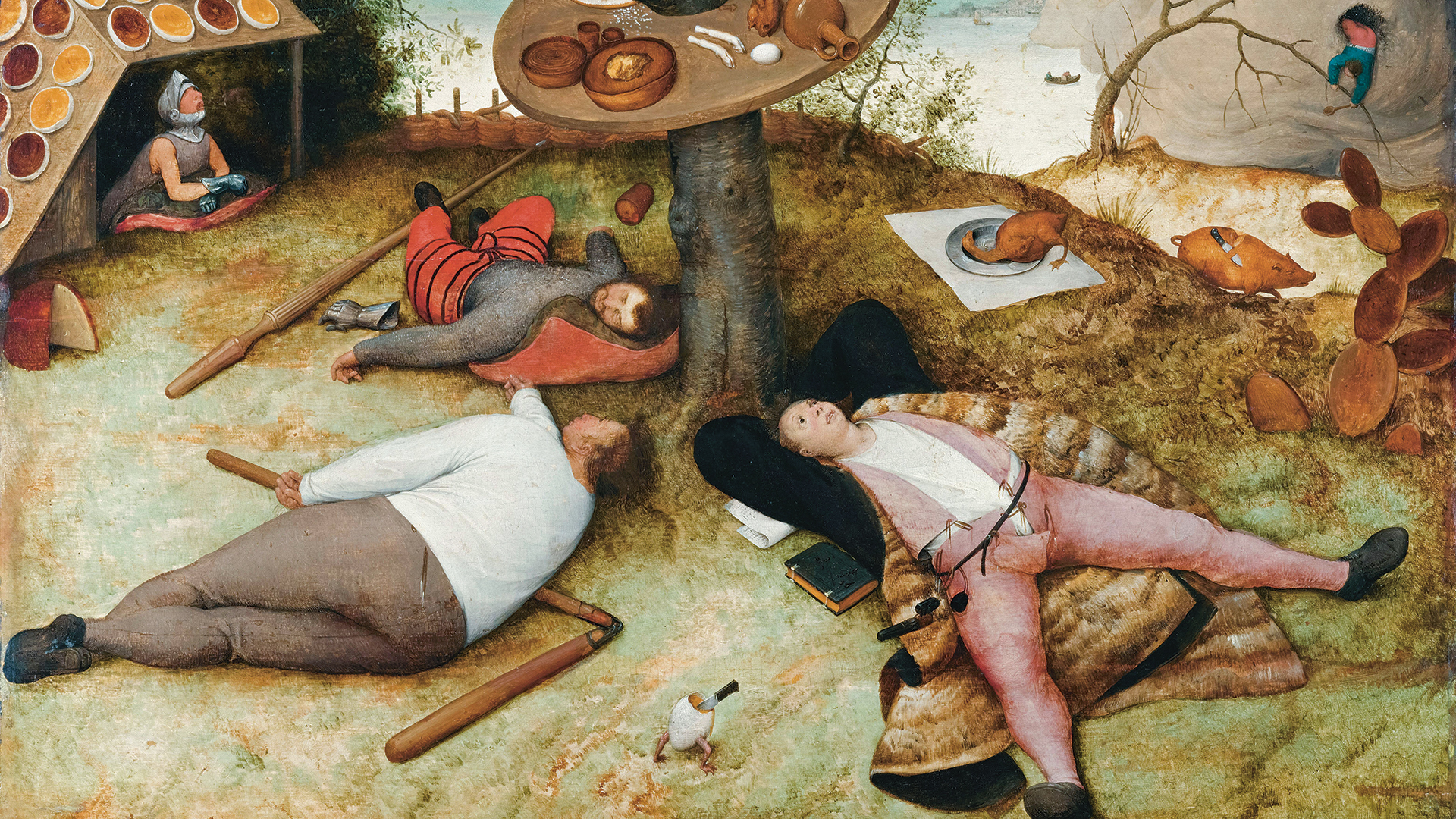Fantasy took me over last week when I spoke at a conference on future generations. Of late I had been dipping into the Victorian socialist William Morris’s book News from Nowhere. He imagines himself in the waning days of the 19th century falling asleep after a heavy debate at the Socialist Club and waking in the morning to find all the world’s troubles had been shrugged off. Gone was poverty, and the increasing despoliation of man and nature by industry. Now London was a melting pot of handcraft workers and the woods of old had grown back into the heart of London itself, nature and man’s harmony with it restored.
What a fantasy – and I borrowed a bit of that power to imagine a better time. I imagined that from that day onward all had changed. His Majesty’s government and His Majesty’s opposition had uniformly decided to tear up the old governing rulebook that had dominated in some form or other since at least the Second World War. That at last government was going to be reinvented. That the tired old way of thinking and doing was patently failing, as witnessed by its recent response to the inflationary hike that pushed so many people into hunger and need. A bit here and a bit there didn’t get people out of being unable to feed themselves and their children, unable to pay their rent or mortgage. That the preponderance of our low-wage economy was finally hitting home and the government had been unable to converge its energies to stop the impoverishment of even more people. Unable to respond dramatically and effectively to the crisis, they could only do their usual: a patch-up here and there.
- UK poverty: the facts, effects and solutions in a cost of living crisis
- John Bird: The evidence suggests we’re not closing in on poverty
- In-work poverty a growing crisis for 14 million struggling to make ends meet
But because they had now thrown away the old rule book there was room for reinventing how government spent its money. How it borrowed and how it invested in preventing people slipping into poverty rather than trying to make them as comfortable as possible once they were in the thick of it.
Because government was spending circa 40 per cent of its yearly takings on managing poverty – but not getting many people out of it – it would declare war on poverty. Making it the central concern of the epoch. Reinventing education and early years support and stopping poverty being passed like an unhappy inheritance from one generation to the next. Addressing the disastrous demands made on the NHS, which spends roughly half of its money on trying to keep poor people as healthy as they can.
Addressing the terrible reality that our supposed top universities seem to produce another generation of people who might be good at dinner party repartee but not very good at helping the world through its constant crises. Where are the poverty busters in the ranks of the highly educated? Why do we get the same old prats who come through Oxbridge and leave a mess behind when they retire from their positions of power, wealthier but leaving behind even more historical debris for us to contend with? And erode the concept of working for the public and common good.
I did rant on a bit about my loathing of how intellectual philistinism seems to dominate the educated classes. Producing partial thinkers who never can put all the bits of the social puzzle together and are therefore useless. The recognition that government is broken and needs urgent repair was my biggest wish. That there would be some time spent on trying to sculpt a new government rule book. And that the latest Spring Budget is another fudging that avoids addressing the reasons why there is so much – increasing – poverty in society.









